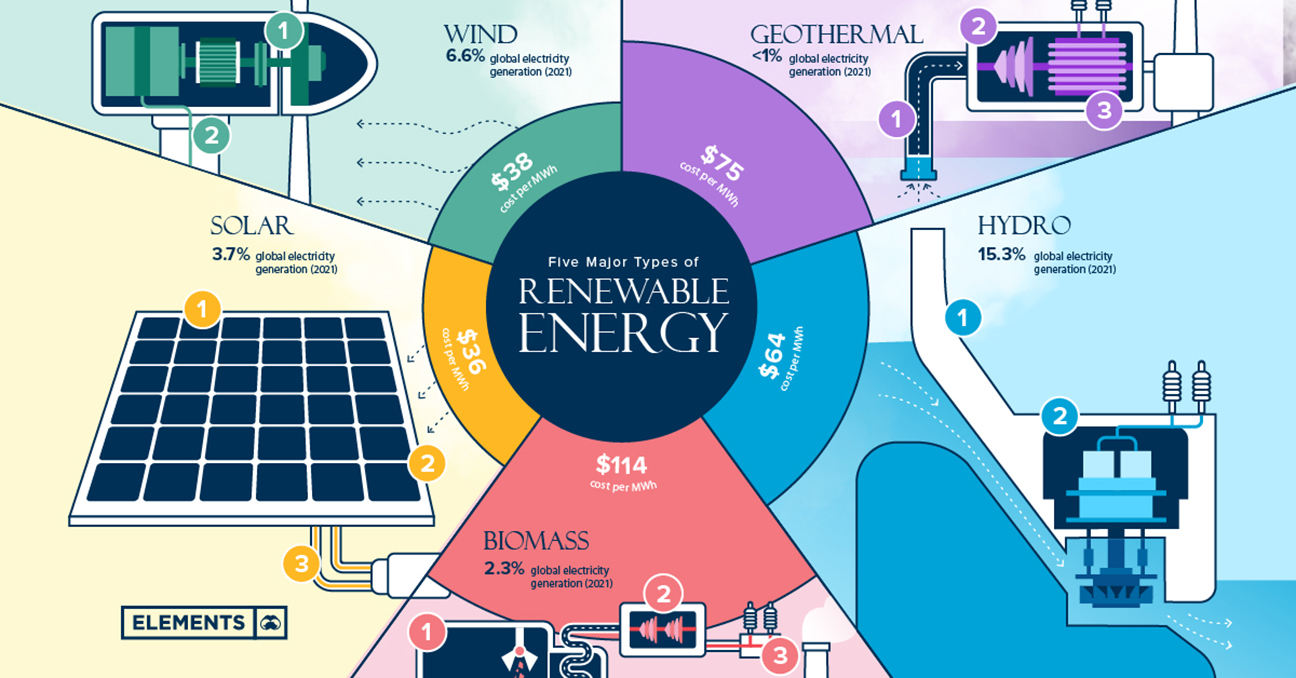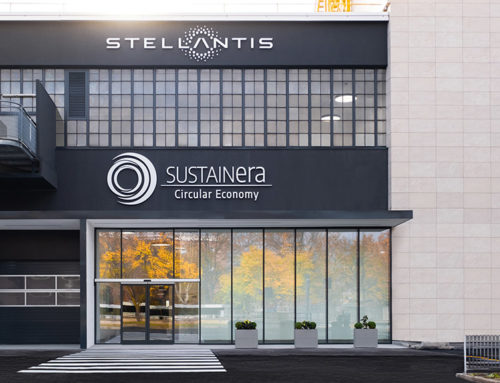The adoption of alternative and renewable energy sources is proving to be more than just a trend; it’s a strategic imperative. Companies and industries across the globe are recognizing the multifaceted benefits of embracing clean energy solutions. Alternative and renewable energy source solutions are reshaping the business landscape, driving innovation, and delivering substantial advantages to those willing to make the transition.

The Rise of Alternative and Renewable Energy:
Alternative and renewable energy sources encompass a diverse range of technologies, including solar, wind, hydroelectric, geothermal, and bioenergy. Unlike conventional fossil fuels, these sources offer several compelling advantages.
These alternative energy sources are virtually inexhaustible. Sunlight, wind, and water, for example, are available in abundance and will continue to be accessible for generations to come.
Utilizing these sources of energy produce little to no greenhouse gas emissions, contributing significantly to mitigating climate change and reducing air pollution. By diversifying energy sources, companies can reduce their reliance on fossil fuels, leading to increased energy security and reduced exposure to energy price volatility.
Advances in renewable energy technology have led to significant cost reductions, making clean energy competitive with or even cheaper than traditional fossil fuels in many regions.
Transitioning to alternative energy sources can lead to substantial cost savings over time. Solar panels, wind turbines, and other renewable technologies have lower operational and maintenance costs compared to fossil fuel infrastructure. Companies that adopt renewable energy demonstrate their commitment to sustainability, which can enhance their brand image and attract environmentally conscious customers and investors.
Renewable energies are distributed and diverse, reducing vulnerability to centralized power grids. This resilience can help companies maintain operations during grid disruptions. Many regions have set ambitious renewable energy targets and emissions reduction goals. Embracing clean energy sources positions companies to comply with evolving regulations.
The renewable sector is a hotbed of innovation and job creation. Companies investing in clean energy technologies can foster economic growth and innovation in their regions. Companies often find that transitioning to renewable energy forces them to become more energy-efficient overall. This dual benefit of lower energy use and cleaner energy sources enhances sustainability efforts.
The adoption of these energy sources is no longer a luxury; it’s a necessity for companies and industries seeking long-term viability and environmental responsibility. As technology continues to advance and costs continue to decline, the business case for clean energy becomes increasingly compelling. Beyond the bottom line, the embrace of renewable energy sources positions companies as sustainability leaders, fosters innovation, and contributes to a brighter, more sustainable future.






